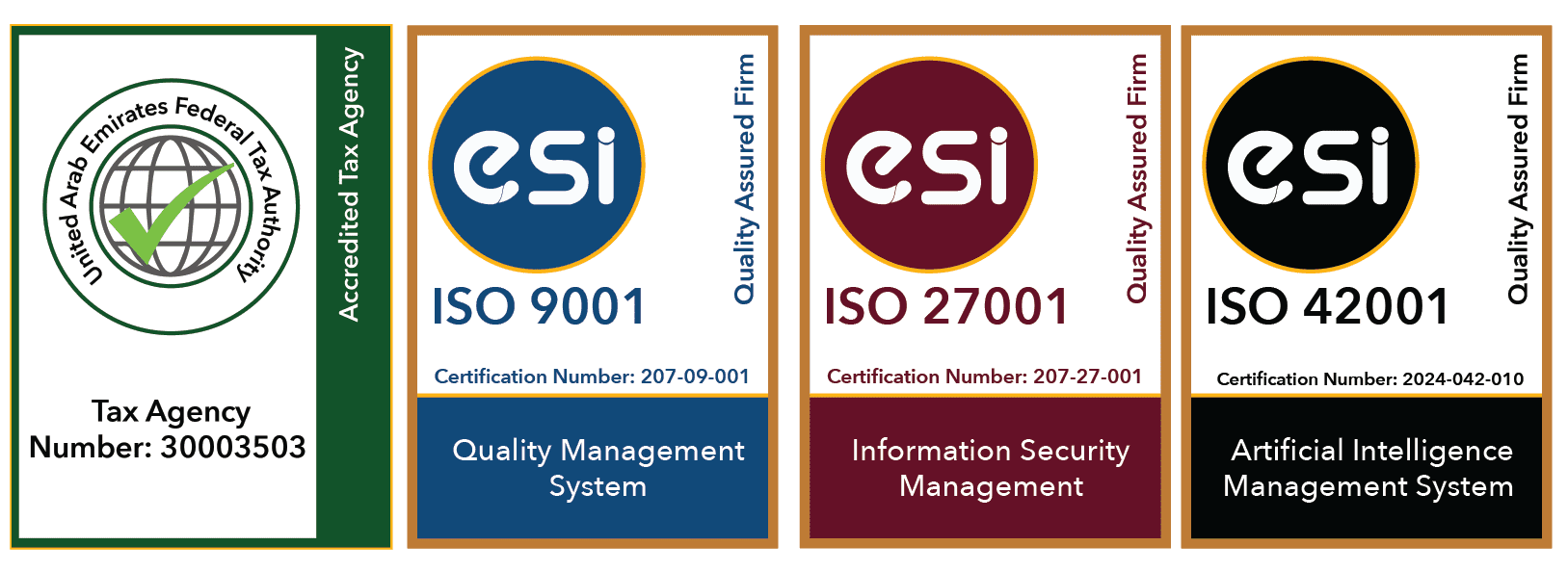Cloud Vs On Premise IT System- Which Option Is Best For Your Business?
August 19th, 2019 / Haroon Juma / Software Blogs

Cloud Vs On-Premise IT System- Which Option Is Best For Your Business?
Businesses now have a range of technology solutions to improve their operations. Advances in technology have provided options but also important decisions to make when implementing systems. One of the more critical factors will be whether you deploy an on-premise or cloud platform.
Cloud-based systems are increasingly common. All software vendors provide some form of Cloud offering and some have retired their on-premises solution altogether.
Which one is right for your organization?
By knowing the advantages and disadvantages, business owners can determine the best fit. This will allow you to take a more informed decision on the allocation of resources and benefits.
Deployment and Pricing of Cloud ERP vs. On-Premise ERP
The biggest difference between these two systems is how they are deployed. Three distinct models exist for your business to assess:
- Cloud-based software is hosted on the vendor’s servers and accessed through a web browser.
- On-premise software is installed locally, on a company’s own computers and servers.
- “Hybrid” deployments, in which cloud software is hosted on an organization’s private servers.
Another key difference between cloud and on-premise solutions is commercial pricing.
In general, cloud software is priced under a monthly or annual subscription. Additional recurring fees can be applied for support, training, and updates.
On-premise software is generally priced under a one-time license fee (usually based on the size of the organization or the number of concurrent users). There are recurring fees for support, training, and updates.
Thus, on-premise systems are generally considered a capital expenditure (one large investment upfront). Cloud-based systems, on the other hand, are typically considered an operating expenditure (an additional overhead cost the organization will continue to pay).
Cloud software’s low cost of entry—especially compared to large upfront perpetual license fees—has contributed to its widespread adoption. According to one recent study, 93 percent of enterprises currently use cloud-based software or system architecture.
However, studies show over 10 years, system costs tend to converge assuming your business will sustain the same platform.
Advantages and Disadvantages of Cloud
Security is often the top concern. This is unsurprising considering the critical information stored in any system. This can include company financials, corporate trade secrets, employee information, client lists, and more.
In earlier phases of cloud technology, buyers were wary about the security of cloud-based software. This less evident today (evidenced by the adoption rates).
Reputable cloud vendors have strict standards in place for data security. The industry has worked diligently to define standards and protocols set out under the ISO/IEC 27000 standards. It arguably more secure to adopt cloud systems to on-premise for many businesses.
Most cloud systems enable mobile accessibility. Many even offer mobile apps. But this ease of access also comes with greater security considerations if employees access company files on their mobile devices.
More accessibility means less customization. Cloud offers less flexibility for businesses that seek to tailor their system. However, organizations with less specialized needs will not be disadvantaged by a cloud system’s out-of-the-box capabilities.
Cloud ERPs are therefore best suited for small and midsize businesses seeking lower upfront costs, system stability and ease of access.
Advantages and Disadvantages of On-Premise
Typically, you will find many of the same features in on-premise systems. However, there are a few differences between the two deployment strategies.
In general, on-premise systems are much easier to modify or customize. For some businesses the ability to customize to their specific needs and requirements is paramount. Especially niche industries with unique processes.
On-premise ERPs put more control in the hands of the organization, up to and including the security of its data. Therefore, your business must be capable of safeguarding sensitive information—a frequent target of cybercriminals.
Mobile accessibility can pose an issue for on-premise deployments. These often require a third-party client to communicate between a mobile device and on-premise software. This requires specialist expertise and budget.
Conclusions
When it comes to choosing an application or system, there are more options than ever for businesses.
Cloud-based deployment models have made software more accessible for SMBs. Although these systems come with a few drawbacks, such as limited customization.
If your business has standardized industry requirements and wants to improve operations and service, cloud platforms will prove to be a lower cost and simpler strategy.
| Cloud | On-Premise | |
| Ease of Deployment | Easy | Complex |
| Cost of Deployment | Low | High |
| Security | Easy | Complex |
| Specialist Resources | Easy | Complex |
| Customizable | Complex | Easy |
Conversely, on-premise ERP systems offer advantages in customization and control, but are more expensive upfront, and many don’t support mobile. This can be problematic for smaller buyers but, as is usually the case, it depends on the specific needs of the individual business.
However, if you are an SMB, cloud’s ease and speed of deployment, limited budget requirements and increasing functionality and configurability to deliver automation will prove to be the best option for your business.
Ensure security standards, ability to retrieve all your proprietary data and system availability questions are addressed and your business can leverage the best technology at a fraction of the cost.
Partner With SimplySolved
Serving over 200+ clients we know the challenges your business faces operating cost effective, compliant and efficient back office operations in Finance, Tax, Human Resources Management, IT and Marketing.
As an FTA Accredited Tax Agency with ISO 9001 Quality & 27001 Information Management Certification, we offer a quality-based approach to our services supported by dedicated team of certified professionals.
We support our clients with defined processes, platforms and expertise to deliver advisory, project and outsourced services in Accounting, Tax, Auditing, HRM, IT & Marketing. Our offerings are specially designed to meet the UAE Regulations to put you in control of your information, comply to the regulations and help you make better business decisions.
Subscribe To Mailing List
Cloud Vs On-Premise IT System – Which Option Is Best For Your Business?

Copyright © 2024 | SimplySolved | All Rights Reserved.




